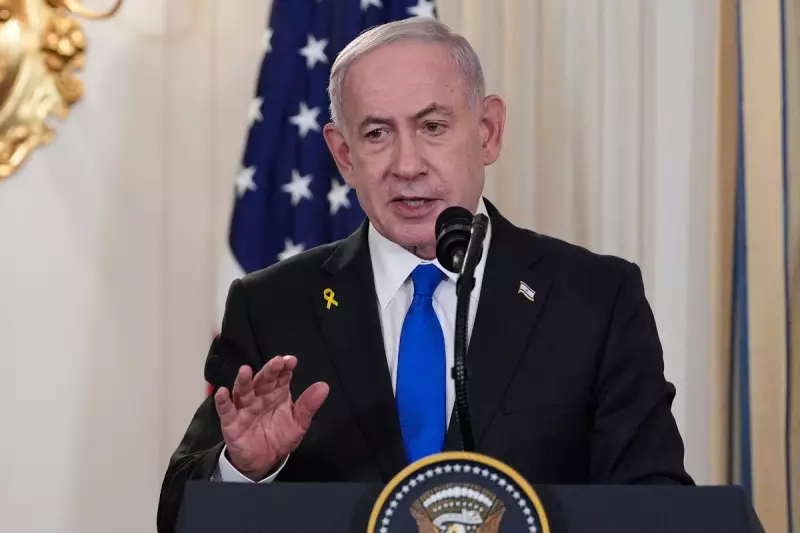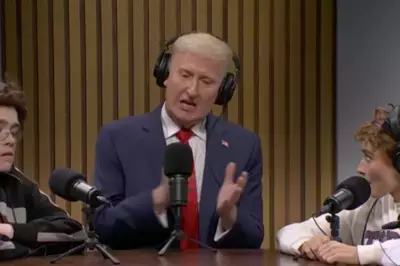
The Israeli military has unleashed a devastating wave of airstrikes across the Gaza Strip, reducing buildings to rubble and sending plumes of smoke billowing over the besieged territory. This massive escalation comes in direct response to a surprise multi-front assault by Hamas militants that has plunged the region into its most severe violence in years.
Netanyahu's Declaration of War
Israeli Prime Minister Benjamin Netanyahu delivered a stark address to the nation, confirming that the country has entered a state of war. "We are at war," Netanyahu declared from military headquarters in Tel Aviv. "The enemy will pay an unprecedented price."
The Israeli leader promised that Hamas would face consequences "of a magnitude that the enemy has not known" for their coordinated attacks that began with rocket barrages and ground incursions.
Unprecedented Hamas Assault
The conflict erupted when Hamas militants launched thousands of rockets toward Israeli cities and sent fighters across the border in a sophisticated, coordinated operation that caught Israeli defences off guard. Palestinian fighters were reported to have infiltrated multiple locations, engaging in deadly firefights with Israeli security forces.
The scale and coordination of the Hamas attack represent one of the most significant security breaches in Israel's recent history, raising serious questions about intelligence failures.
Devastating Retaliation
In response, the Israel Defense Forces (IDF) have conducted hundreds of airstrikes targeting what they describe as Hamas military installations, command centres, and weapon storage facilities across Gaza. The bombardment has been relentless, with explosions lighting up the night sky over the coastal enclave.
Civilian areas have also been affected, with residential buildings damaged or destroyed in the intense shelling. Palestinian health officials report mounting casualties, including women and children caught in the crossfire.
International Reaction
The international community has responded with growing alarm to the sudden escalation. World leaders have called for restraint on both sides, while the United Nations Security Council prepares for emergency talks to address the crisis.
Several Western nations have condemned the Hamas attacks while urging Israel to show proportionality in its military response. The European Union's foreign policy chief has called for an immediate cessation of violence from all parties.
Regional Tensions Soar
This latest explosion of violence threatens to destabilise the broader Middle East region and derail ongoing diplomatic efforts to normalise relations between Israel and Arab nations. The conflict comes at a particularly sensitive time for regional politics, with several countries cautiously moving toward recognition of Israel.
Analysts warn that the intensity of the current fighting could draw in other militant groups from Lebanon and Syria, potentially opening multiple fronts in the conflict.
As the violence continues to escalate, humanitarian organisations express grave concern for civilians on both sides of the border. With Gaza's already fragile infrastructure suffering further damage and Israel facing ongoing security threats, the path to de-escalation appears increasingly difficult.





